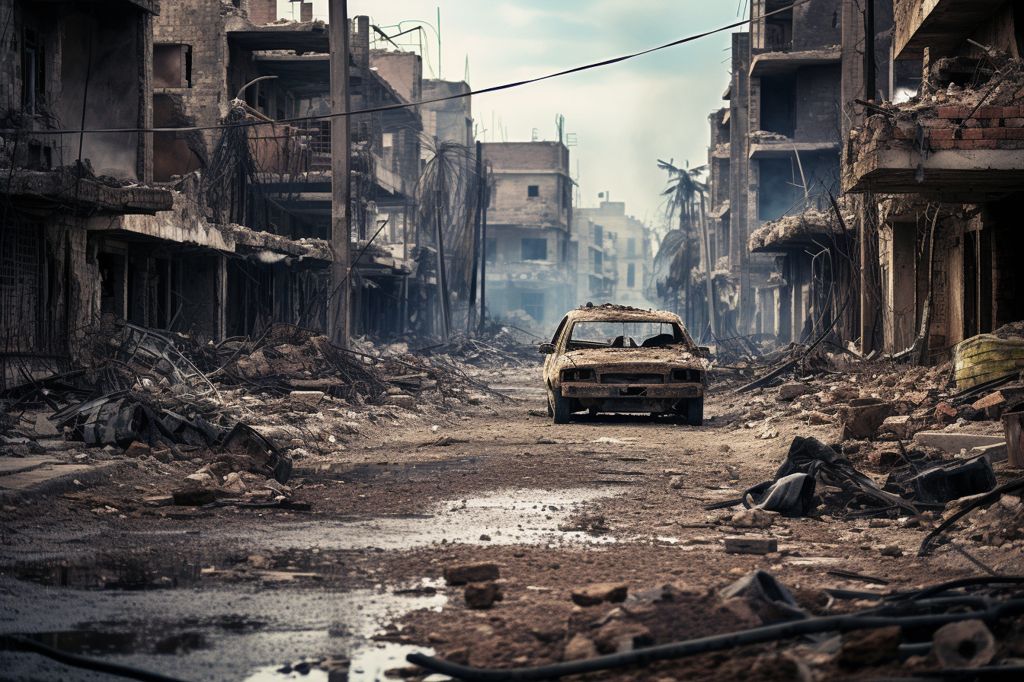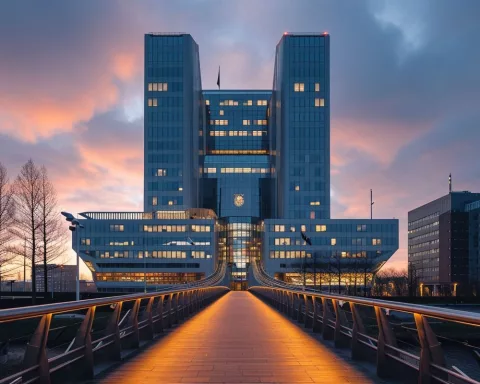The conflict in Sudan has lasted more than three months, leading to the tragic displacement of roughly 3.5 million people and the deaths of at least 3,900, according to conservative estimates. The rivalry between army chief Abdel Fattah al-Burhan and his former deputy, RSF commander Mohamed Hamdan Daglo, has brought the war to the streets of densely populated neighborhoods in Khartoum.
Forced Evictions and Atrocities Committed by RSF
Several residents in southern Khartoum’s Jabra neighborhood reported that they were given 24-hour eviction notices by RSF members. The fighting has left 1.7 million residents with no choice but to abandon their homes, while those who remain must ration water and electricity while risking their lives to avoid the crossfire. Since the conflict began on April 15, the RSF has been accused of committing various atrocities, including rampant looting and forced evictions of residents from their homes.
Darfur Region and Allegations of War Crimes
The violence has not been limited to Khartoum, as the Darfur region has also witnessed serious clashes. Allegations of war crimes in Darfur have prompted an investigation by the International Criminal Court. In the town of Nyala, the capital of South Darfur state and Sudan’s second-largest city, witnesses have reported bombs falling on civilian neighborhoods, causing even more grief and displacement.
Displaced Individuals Left Exposed to the Elements
With the rainy season upon them, many displaced individuals are left exposed to the elements. Mohamed Khater, a displaced person from Nyala, expressed his fear of the fighting reaching the camp where he sought refuge with his children, lamenting that no organization has come to their aid. Issa Adam, a displaced resident of Nyala, described the harrowing experience of having bombs repeatedly fall on his home, forcing him and others to flee.
The Plight of Civilians in Sudan
More than 2.6 million people have been displaced within Sudan since the beginning of the conflict, while an additional 800,000 have fled across borders. The struggle in Sudan has made life unbearable for millions of civilians caught in the crossfire of rival military forces. The international community must not turn a blind eye to this ongoing crisis.












